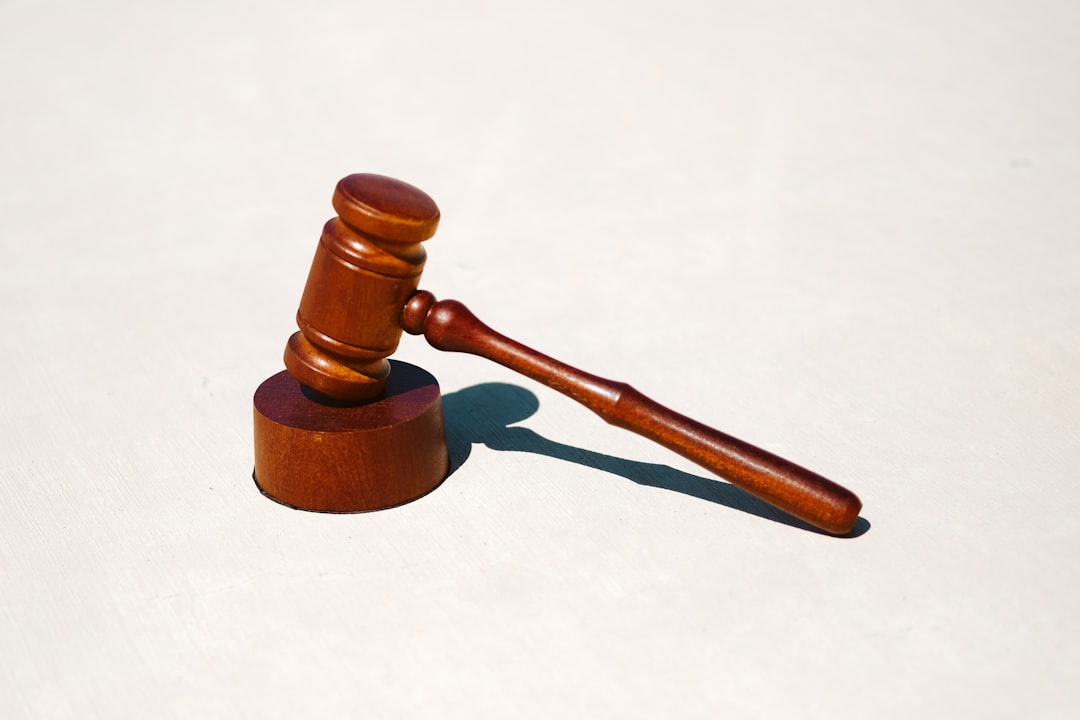Person-centered care is key in preventing elderly sexual abuse by fostering open communication and empowering seniors to make informed choices. Pennsylvania's elderly sexual assault lawyers play a vital role in advocating for victims, securing justice, and raising awareness through specialized knowledge and discreet handling of cases. Their work facilitates healing and ensures accountability for perpetrators.
“In the critical domain of elder care, person-centered approaches hold the key to preventing a pervasive issue: sexual abuse. This article explores the significance of person-centered care in safeguarding Pennsylvania’s vulnerable elderly population, drawing insights from case studies across the state. We delve into strategies that respect individual autonomy and promote well-being, while also examining challenges in detection and prevention. Furthermore, we highlight the indispensable role of legal support through elderly sexual assault lawyers PA, ensuring justice and healing for survivors.”
Understanding Person-Centered Care for Elderly Vulnerable Adults

Person-centered care is a foundational approach in eldercare that places the individual at the heart of all services and decisions. It involves treating seniors with respect, dignity, and empathy, recognizing their autonomy and unique needs. In the context of preventing elder sexual abuse, this care model becomes even more critical, especially for vulnerable adults who might struggle to communicate or defend themselves. By adopting person-centered care, facilities and caregivers can foster an environment that encourages open communication, identifies potential risks early on, and empowers seniors to make informed choices regarding their bodies and personal lives.
Elderly sexual assault lawyers in PA often emphasize the role of proactive measures in safeguarding vulnerable adults. Person-centered care strategies include regular one-on-one interactions, comprehensive assessment of each resident’s history and preferences, and ensuring informed consent for all medical procedures or personal care activities. These practices not only help in identifying potential abuse but also empower elders to understand their rights and assert their autonomy, making them less susceptible to exploitation or assault.
Common Challenges in Detecting and Preventing Sexual Abuse

Detecting and preventing elderly sexual abuse presents several unique challenges. One significant hurdle is the vulnerability of the elderly population, who may struggle to communicate or report incidents due to fear, shame, or cognitive impairment. This makes it crucial for caregivers, family members, and healthcare professionals to be vigilant and attuned to subtle signs or changes in behavior.
Furthermore, the sensitive nature of the topic often leads to underreporting. Elderly individuals might avoid disclosing abuse out of concern for their well-being or fear of repercussions, making it essential for person-centered care approaches to foster trust and create safe spaces for open communication. Pennsylvania’s elderly sexual assault lawyers play a vital role in advocating for victims and ensuring that these challenges are addressed through legal means, supporting the prevention efforts by raising awareness and holding perpetrators accountable.
Role of Legal Support for Victims: Elderly Sexual Assault Lawyers PA

In instances of elder sexual abuse, legal support plays a pivotal role in ensuring justice and healing for victims. Elderly sexual assault lawyers PA are specialists equipped to handle complex cases involving vulnerable adults. They provide crucial assistance by offering specialized knowledge of Pennsylvania’s laws pertaining to elder rights and protection. These lawyers play an essential part in holding perpetrators accountable and helping survivors navigate the legal system effectively.
Victims of elderly sexual abuse often face unique challenges, and having legal representation can make a significant difference. Elderly sexual assault lawyers PA are trained to handle these sensitive cases discreetly while advocating for their clients’ rights. They offer guidance, support, and expertise throughout the legal process, ensuring that survivors receive fair treatment and any necessary protections.






